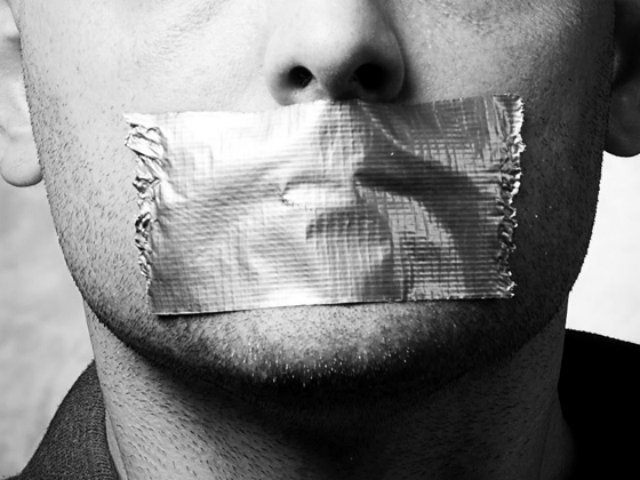While pundits and politicians strive to persuade themselves and anyone else who will listen of the probable outcome of the General Election of 2015, voters may find themselves baffled by the vast amounts of misinformation put out by the mainstream media, acolytes of the consensual conspiracy that has enslaved Britain.
The large majority of people now realize that their country has been taken over and transformed massively for the worse. Daily they see around them further evidence of deterioration, but they can see no means of halting, let alone reversing, this process of degeneration. So they despair – which is precisely the state of mind to which the liberal establishment wishes to reduce them.
But 2015 represents an opportunity to retrieve the situation, if the voters have the insight and determination to take back their country. They need to adopt an attitude of total implacability towards the politicians of the discredited LibLabCon confederacy. Putting the country to rights requires open, uninhibited debate. That means removing all legal impediments to free speech and expression of personal preferences.
When we live in a country where a 14-year-old schoolgirl can be arrested for wanting to sit beside the English-speaking pupils in her class we cannot pretend that Britain is in any realistic sense a free society.
That is where UKIP comes into the equation. If Nigel Farage wants to harvest millions of votes from every section of society outside the Islington/Notting Hill hothouse, he must make the elimination of political correctness an absolute commitment. It should be a keystone of UKIP’s general election manifesto.
This exercise is not rocket science. UKIP researchers should trawl all parliamentary statutes passed since the accession to power of the Great Charlatan Tony Blair in 1997. Those that are specifically designed to promote PC tyranny, such as the Equality Act, should be listed as Category ‘A’. Those Acts and regulations primarily concerned with legitimate issues, but containing PC clauses, should be listed Category ‘B’.
A very simple, single-clause statute should then be drafted, stating that all the Acts and sections of Acts itemized in the attached schedule are repealed with effect from the date of Royal Assent. The schedule should be a list of the two categories of PC enforcement legislation passed since 1997.
By this means, the whole conglomeration of anti-free speech, anti-British laws that have accumulated on the Statute Book over the past 18 years would, at a stroke, be abolished, without undermining necessary legislation contained in parts of those Acts, since all the offending PC clauses would be specified in the Schedule.
The obvious objection that will occur even to people of good will who want to see such an agenda implemented is the extreme unlikelihood of UKIP being in government after the coming election. Nor will it, unless its leaders become demented and enter into coalition with any other party or parties: the fate of the Liberal Democrats is an object lesson in the unwisdom of succumbing to the temptation of red boxes and government cars.
To retain its support, UKIP must remain uncontaminated by the dying legacy parties. But if it follows its declared intention of voting according to the merits of every individual measure being processed through the House of Commons, it could still be in a position to insist on repeal of PC laws as the price of its support for a government on the verge of falling.
More important than that hypothetical eventuality, however, is the boost that a cut-and-dried draft Bill to repeal the oppressive laws that have made free speech a thing of the past would give to UKIP’s support. If the British people could see a brief document that succinctly and effectively offered the concrete prospect of reversing the PC dictatorship unambiguously on offer, Nigel Farage’s party would enjoy a surge in support.
UKIP’s message should be: “Life doesn’t have to be like this. People do not need to pause or stumble uncertainly in conversation (‘If I’m still allowed to say that…’), fumbling for approved euphemisms about race, religion (well, one religion anyway), sexual preferences, et al. The Stasi state is not irreversible. All you have to do is put a cross on a ballot paper.”
So, come on, Nigel. Let us see, on a single sheet of paper, the draft Repeal of Oppressive and Anti-Libertarian Statutes Bill, accompanied by a Schedule of the specific laws due for the axe. To that should be added the abolition of heavier sentences for so-called “aggravated” offences, i.e. offences against the prejudices of the Frankfurt Marxist left. And, for presentational purposes, this initiative should be associated with the eighth centenary of Magna Carta in 2015. If we enjoy less freedom than our grandparents, what price “progress”.

COMMENTS
Please let us know if you're having issues with commenting.